September is National Sickle Cell Awareness Month. Sickle cell disease (SCD) affects the lives of at least 3,300 Louisianans — our families, neighbors and friends. Despite the prevalence of SCD, many people remain unaware of the complexities and risks associated with this inherited blood disorder.
That is why the Louisiana Department of Health (LDH) plans to spotlight SCD not only this month, but throughout the coming year as part of our FY23 Business Plan.
As you may know, SCD affects the shape of the red blood cells, which carry oxygen to every part of the body. These cells are typically round and flexible, allowing them to move through the body with relative ease. However, the sickle-shaped cells that give SCD its name can block blood flow and cause serious damage. Potential complications include damage to the lungs, brain and other vital organs, stroke and severe pain, among other health issues.
Severe pain episodes, also known as sickle cell crisis, often strike without warning, disrupting lives. In 2020 alone, over 1,400 Louisianans with SCD were hospitalized. On average, those hospitalized had 4 to 5 hospitalizations throughout the year, spending about 30 days total in the hospital.
In the U.S., SCD most commonly affects people of African, Mediterranean and Middle Eastern descent. Data shows 1 in 13 Black or African-American babies is born with the sickle cell trait (meaning they carry the gene that causes SCD, but do not have SCD) and SCD occurs in 1 in 365 Black or African-American births.
Due to disparities, this condition has lacked the necessary attention, funding and resources. People living with SCD continue to experience barriers with access to and retention of specialized care.
The Department of Health wants to change that in Louisiana, providing families, friends, neighbors and colleagues effective care and support so they can live to the fullest, and so that Louisiana as a whole can function at its best.
To make substantive improvements, LDH needs a firm foundation of knowledge. The Department aims to begin developing a patient registry, needed to make the kind of data-driven decisions that will improve quality of life.
LDH also plans to develop and implement a statewide SCD public information campaign to further support those living with SCD. While there is information available on SCD, this campaign will provide a deeper understanding of SCD to teachers, medical staff and others who play key roles in the lives of those with SCD.
The Department also hopes this campaign will empower those living with SCD to advocate for their needs.

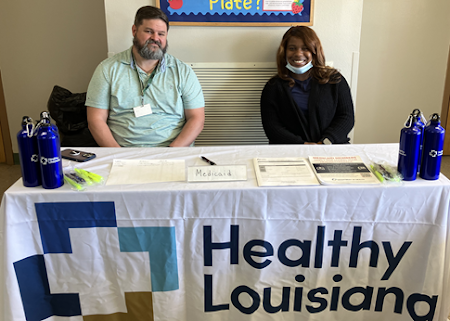

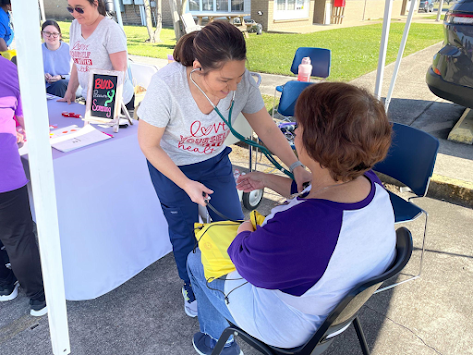

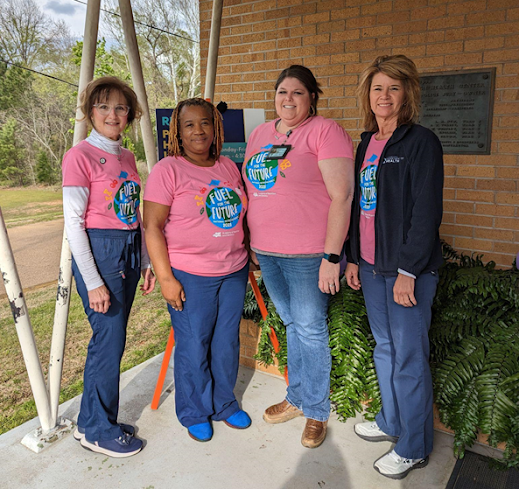

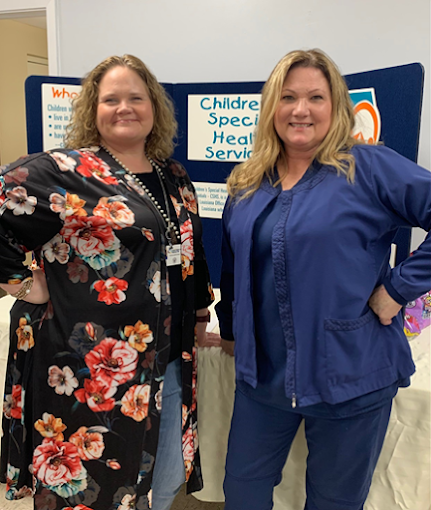
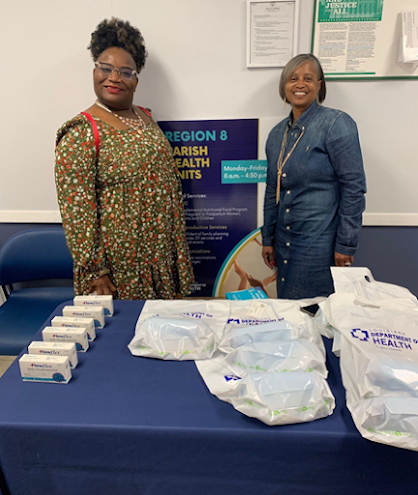




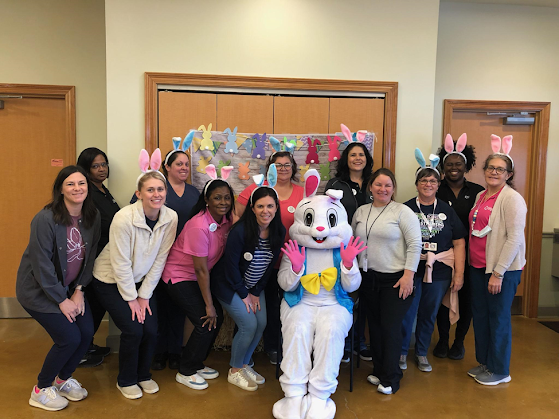




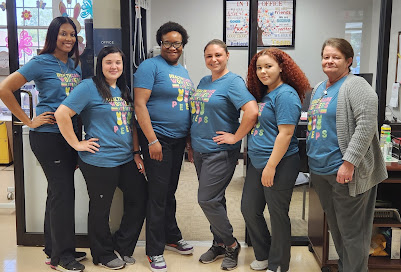




.png)
.png)
.png)
.png)
.png)
.png)
.png)
.png)
.png)
.png)
.png)